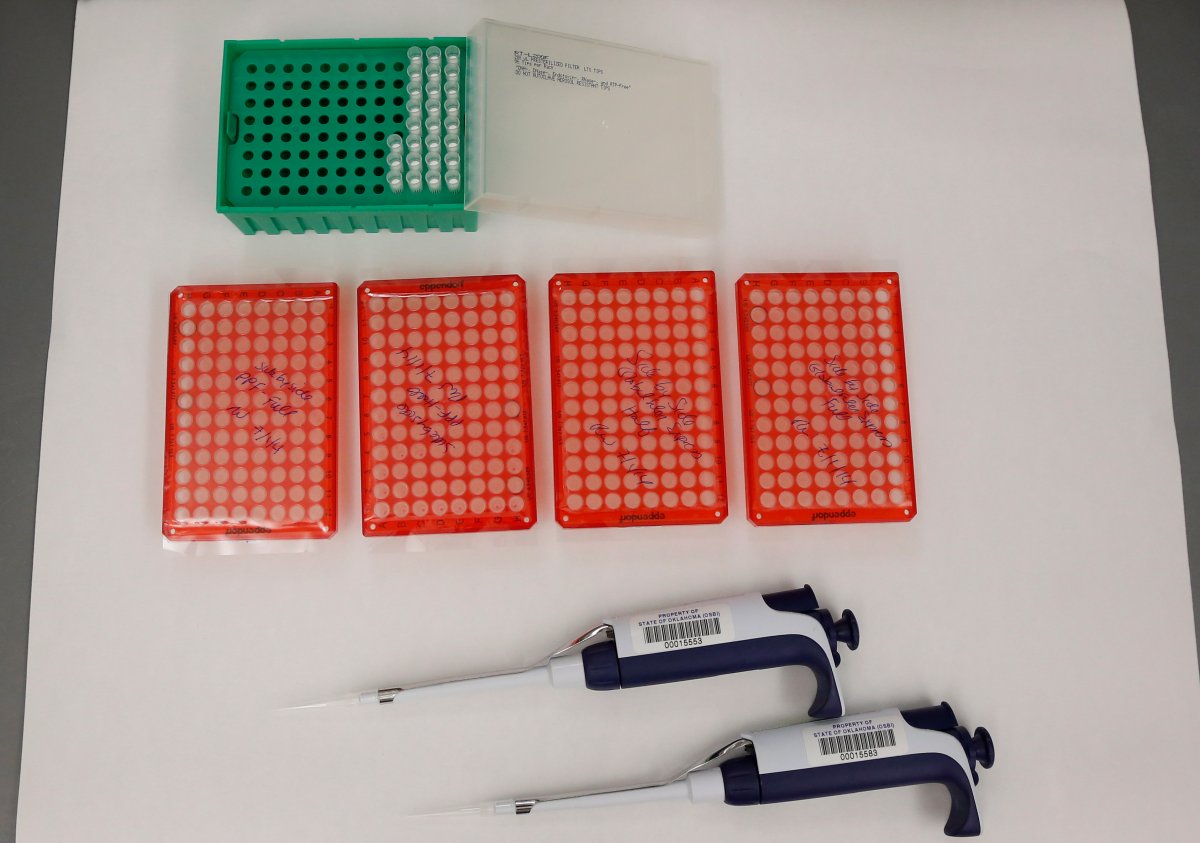A new study has found that 60 per cent of the U.S. population of European descent can be identified from their DNA by searching consumer genealogy websites– regardless of whether they have signed up.

The study published Thursday by the journal Science has found that the large portion the U.S. population can be identified by matching with a third cousin or closer match on consumer genetics websites, such as Ancestry.com or 23andMe.com, even if the original person had never joined the site themselves. A third cousin is someone who shares the same great-great-grandparents.
Science asserts that finding a third cousin or closer can allow the identification of someone who hasn’t submitted DNA using “demographic identifiers,” such as geography, age and sex.
One can simply build out their family tree from the third cousin using public records and whatever they know about the person whose DNA began the process to connect the distant relative and the mystery individual.
WATCH: DNA test connected 10 siblings but how reliable are tests?
_tnb_1.jpg?w=1040&quality=70&strip=all)
Even more, the report also asserts that the gap is closing, and soon, every person in the U.S. with European descent could be identified in the near future.
With DNA databases, “you need just a minute fraction of the population to really identify many more people,” said Yaniv Erlich of Columbia University, an author of the study.
Each person in a DNA database acts “as a beacon that illuminates hundreds of distant relatives,” said Erlich, who is also the chief scientific officer of the MyHeritage website.
As of April 2018, more than 15-million people have done consumer genetics tests, according to the study. The tests are often done for personal reasons, such as to determine one’s genealogy or where they may have come from.
The popularity of such services has opened the door for new criminal investigation techniques, most famously in the case of the Golden State Killer. The Golden State Killer had terrorized California in the 1970s and 1980s, but had never been caught. That was until in April, police uploaded crime-scene DNA into GEDmatch, a consumer genetics company, and were able to locate relatives of the suspect who would soon be identified in the case.
The technique has since been used in 13 cases to identify suspects in murder and sexual assault cases, according to the study.
WATCH: Man uses DNA test to find relatives

The study’s findings are based on two of the smallest genealogy databases: that of MyHeritage, which has around 1.5-million samples, and GEDmatch, which has around one million profiles, to validate the results. These sites were used because their privacy policies are more flexible than other sites, such as Ancestry. GEDmatch allows police to search for genetic matches in its database for murder and sexual assault cases.
The study ended up using genomic data from 1.28-million individuals from MyHeritage, where about three-quarters of its users are of European descent.
About 60 per cent of the time, they found someone whose genetic similarity was at least equal to that of a third cousin, similar to the degree of relatedness that led to the Golden State Killer suspect.
With some basic assumptions about what kind of data would be available for a criminal suspect, the researchers calculated they could pare down the possible identity of the initial person to just 16 or 17 people. That’s limited enough that police could zero in with further investigation, Erlich said.
The news may come as a positive for some in terms of criminal investigations, but with privacy concerns rising in the public discourse and authoritative regimes popping up around the world, the news could come as another concern for privacy.
— With files from the Associated Press
- Invasive strep: ‘Don’t wait’ to seek care, N.S. woman warns on long road to recovery
- Ontario First Nation declares state of emergency amid skyrocketing benzene levels
- Do Canadians have an appetite for electric vehicles? Experts are divided
- Nearly 200 fossil fuel, chemical lobbyists to join plastic treaty talks in Ottawa




Comments